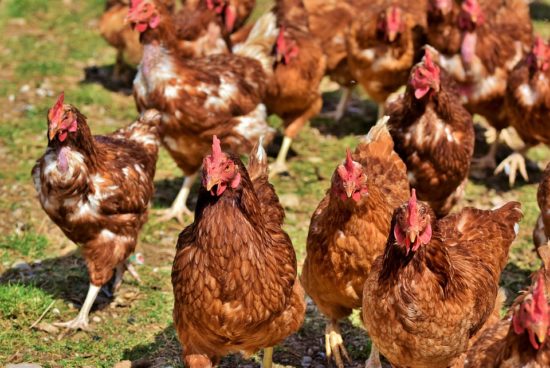Antibiotics in pig and chicken farm soils in Asia: Environmental impacts and perspectives
Animal production in Asia heavily relies on antibiotics, particularly sulfonamides, quinolones, and tetracyclines, which are widely used in pig and chicken farms. Studies show that unmetabolized antibiotics enter soils directly via animal excreta or indirectly through manure and wastewater application, with manure (71.7%) and pig farms (55%) identified as the main contamination sources. High detection frequencies, such as tetracyclines at 81.2%, highlight the significant transfer of antibiotics from soil to plants and aquatic systems, often exceeding ecotoxic thresholds and posing AMR risks. This widespread contamination threatens the effectiveness of last-resort antibiotics, especially in low- and middle-income Asian countries, where misuse is fueled by poor practices, misconceptions, and unrestricted access. The review calls for urgent multisectoral action—raising AMR awareness, promoting responsible antibiotic use, strengthening surveillance, and fostering innovative farming practices—to mitigate the growing risks.
AMR NEWS
Your Biweekly Source for Global AMR Insights!
Stay informed with the essential newsletter that brings together all the latest One Health news on antimicrobial resistance. Delivered straight to your inbox every two weeks, AMR NEWS provides a curated selection of international insights, key publications, and the latest updates in the fight against AMR.
Don’t miss out on staying ahead in the global AMR movement—subscribe now!






